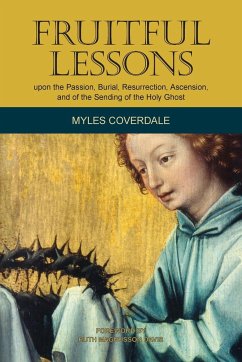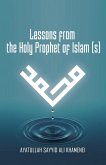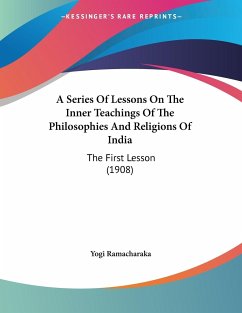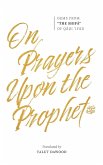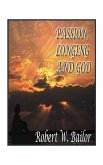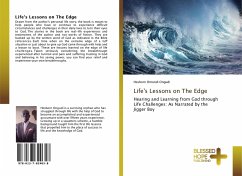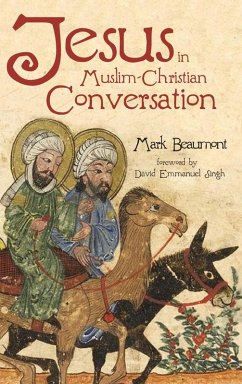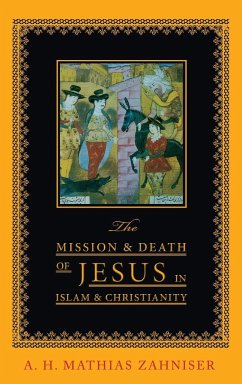This is a facsimile of the small 1540 book of Myles Coverdale as it was reprinted in modern spelling in 1844. Coverdale was a close associate of William Tyndale, and co-translator of the 1537 Matthew Bible with Tyndale. His English is remarkably modern compared to other writers of his period and readers will be pleased by how easy he is to understand. Coverdale proceeds chronologically, expounding the sequence of events as set forth in the four Gospels from the Passion of Christ through to Pentecost, in short sections that are perfect for daily devotional reading. They would also serve well for a series of sermons. The first part of each section is a Scripture reading comprised of a passage or combination of passages from the Gospels. The second part expounds the Scriptures. The "lessons" in Coverdale's book contain the pure preaching of Christ - "gathered," as Coverdale wrote, "out of the four Evangelists, with a plain exposition of the same." Poetic, profound, and anchored to the Word of God as it was most purely revealed in the early Reformation, Coverdale's Fruitful Lessons reach up to heaven itself. This facsimile book is complete, without any missing pages, and each page has received special attention so that there are no imperfections to detract from the reading experience.

